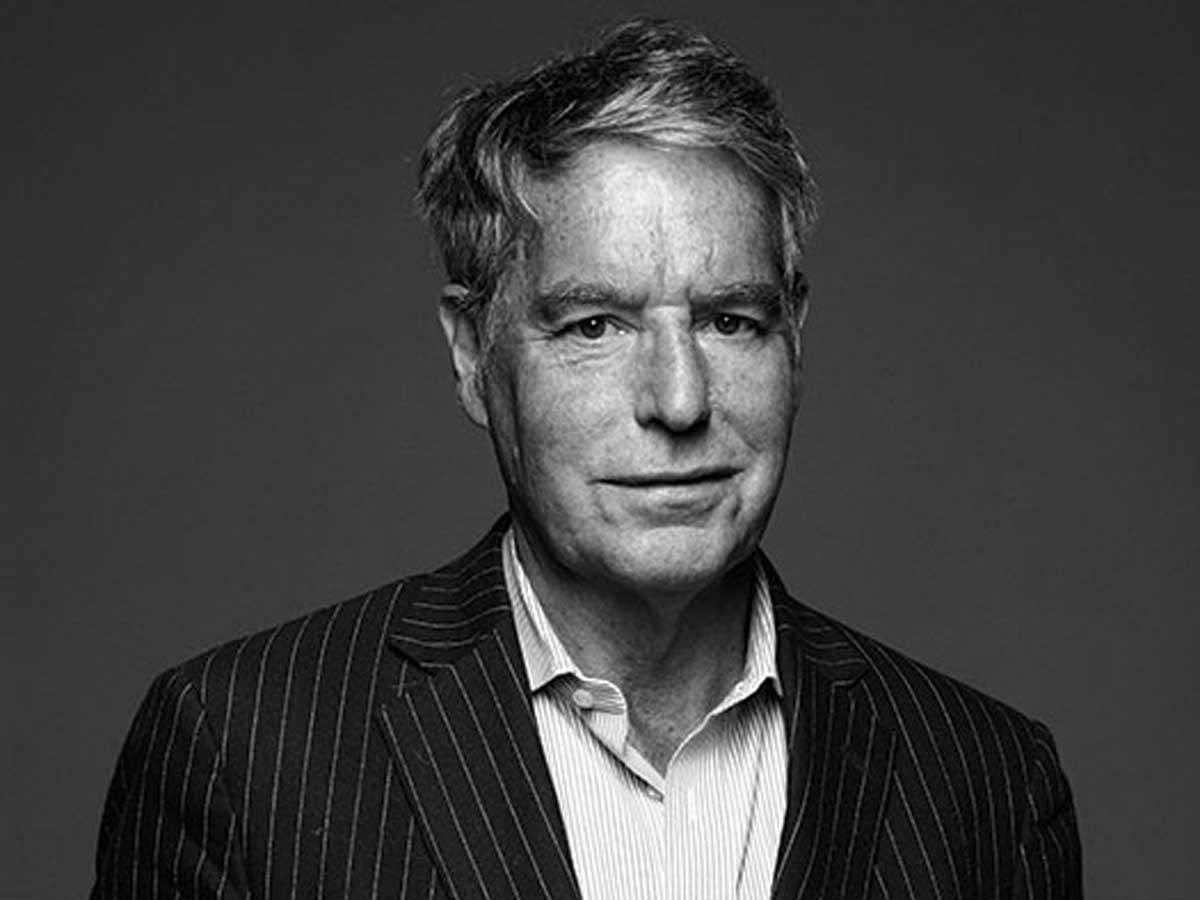The case that changed Dennis Edney forever

Photo: Distinguished Visiting Professor Dennis Edney spoke to students at the Social xCHANGE.
Distinguished Visiting Professor Dennis Edney (opens in new window) talked about representing Omar Khadr and the importance of working towards social change in his keynote speech at Ryerson’s Social xCHANGE last week.
Edney is a Canadian lawyer best known for representing Omar Khadr, who was imprisoned at the age of 15 after allegedly throwing a grenade during the firefight that resulted in the death of an American soldier during the United States’ invasion of Afghanistan. He was the youngest prisoner to be held by the United States in Guantanamo. The decade-long case, Edney said, changed him forever.
He recalled his first encounter with Khadr as one that, as a father, shook him emotionally, because the youth was chained to a floor in a windowless, concrete cell, looking like a damaged, broken bird.
“I sat with Omar Khadr, me sitting in a chair, him chained to the floor at all times, and we grew up together through the years,” said Edney.
With his emphasis on the rule of law, Edney set out to educate the Canadian public,
“from one end of Canada to the other and back, from one university to the next university, from judge halls, to larger halls,” to “talk about Guantanamo, and what it stands for in the hopes of creating outrage by American and Canadian citizens.”
In advocating for Omar Khadr, Edney said he was also advocating for the rule of law and for justice.
“It reminds me to make the world a better place, to contribute something,” he said.
The Social xCHANGE is a collaborative event aimed at inspiring social innovation and enterprise across Ryerson and the community. Its goal is to provide opportunities and space for students, alumni and community members to develop their ideas for change. The theme was “Reimagining Canada, the Next 150,” in honour of the sesquicentennial. An emphasis was placed on environmental stewardship, reconciliation with Indigenous Peoples, youth engagement, and diversity and inclusion.
Edney’s keynote focused on the refugee crisis, the power of liberalist democracy when combined with interconnectedness, and the power of youth to evoke change. “We don’t need to engage in grand heroic actions to participate in the promises of change,” he said. “Small acts, when multiplied by millions of people, can transform the world.”
During his speech, he urged students to fight back against the “demagogue,” Donald Trump with the weapon of education. “The answer is not to build high walls,” said Edney, who received an honorary doctorate from Ryerson in June 2016. “Western societies: we need to educate more, innovate more and provide more opportunities.”
“The higher calling is in the belief in the ultimate moral justice, and the inevitable victory of righteousness over wrong. We may not have control of horrible events, but we do have control over how we respond to the world.”
The distinguished visiting professor considers his time at Ryerson an honour. “I certainly don’t think of myself as this exceptional individual,” Edney said in an interview. “But I think Ryerson University itself is trying to be exceptional in its teaching and its students.”